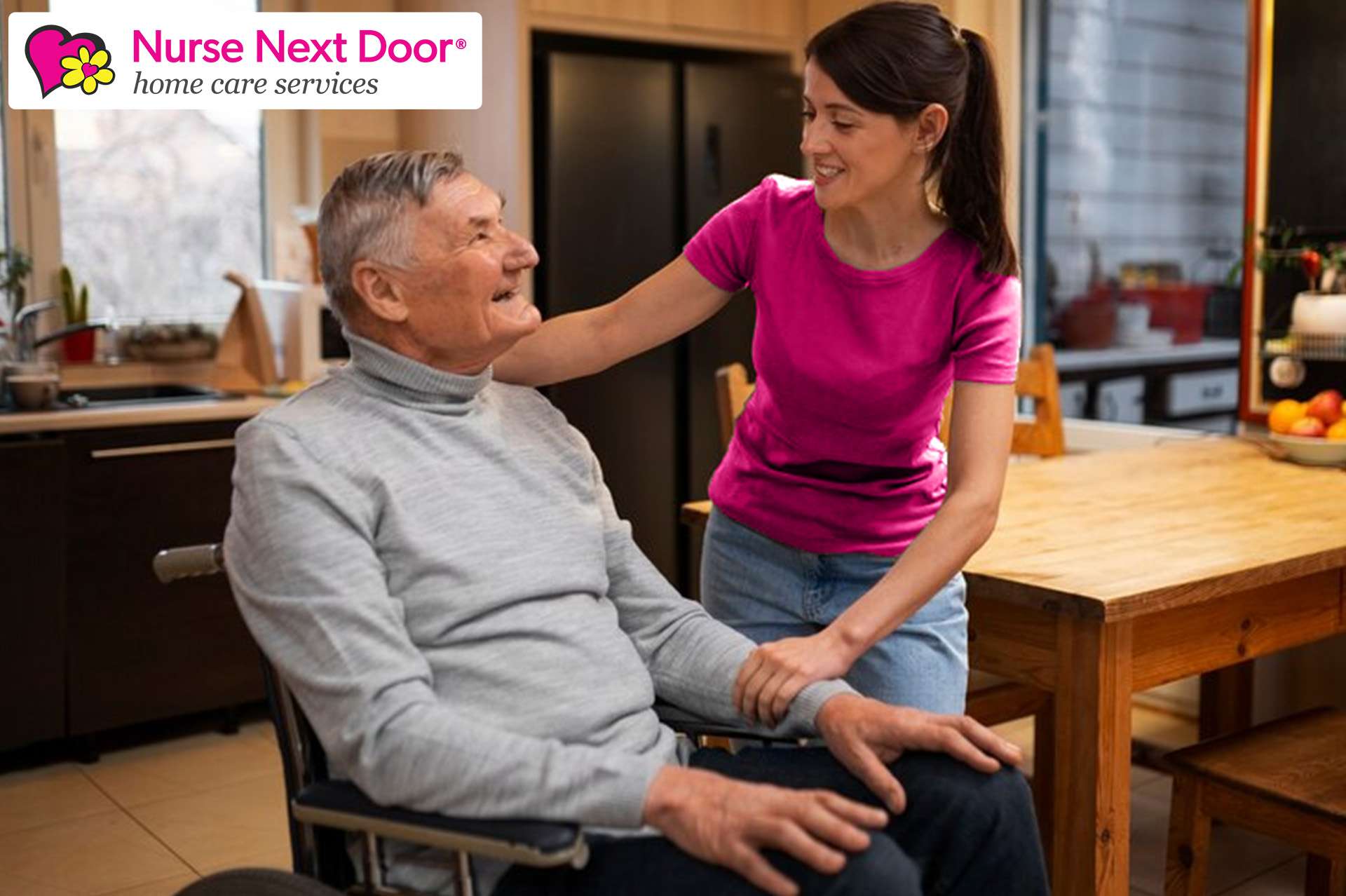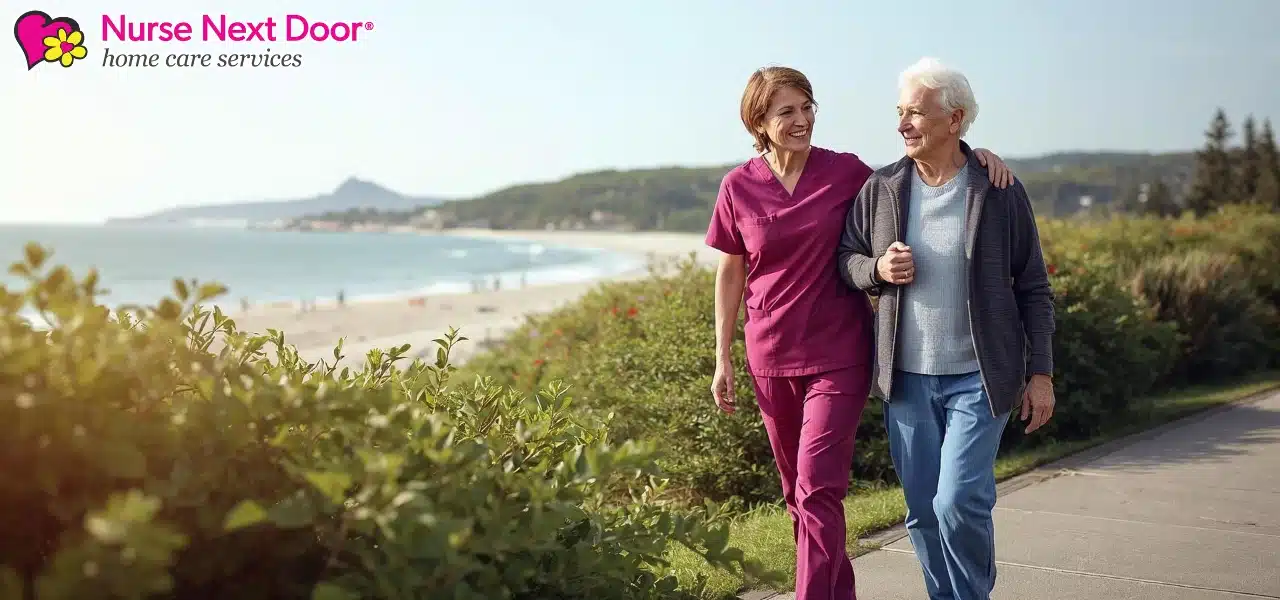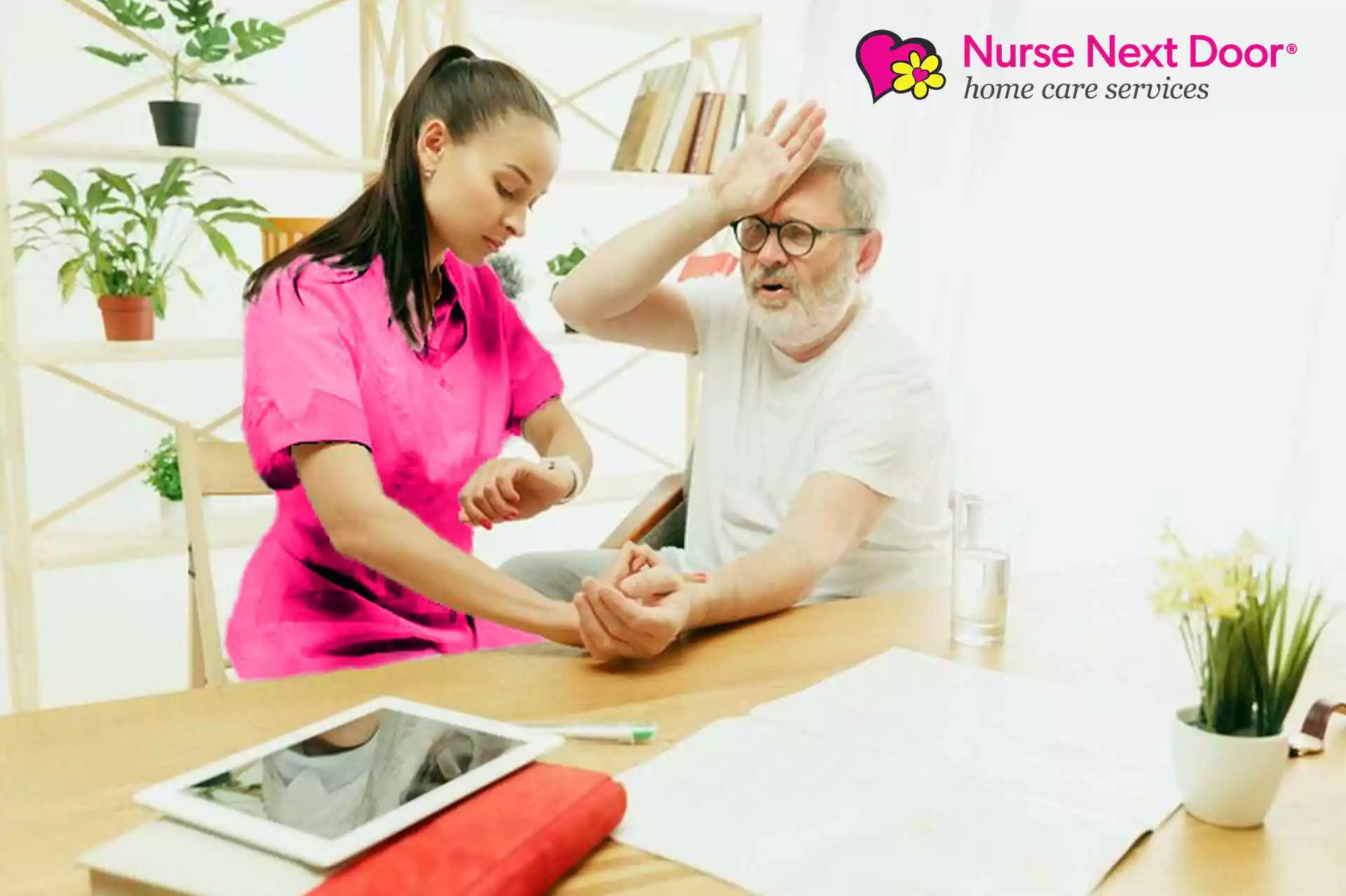
Do you know that almost 70 percent of people above 65 years of age will require long-term caregivers at some point in their lives? Understanding the circumstances under which an aging parent may require in-home senior care is an important step toward ensuring their security and health. It is not always possible to see the signs but noticing them can be very helpful. Before searching for senior care near me, families of seniors need to consider these signs and factors.
Do you want to improve your parents’ quality of life?
Sign 1: Decline in Personal Hygiene
Infrequent showers, dirty clothes, and lack of grooming are signs of self-neglect and poor hygiene, hinting at the need for personalized in-home care for the elderly in Arlington. Noticing these changes is the starting point for getting them the necessary assistance required. Poor hygiene relates more to health than to looks. Besides appearance, it can lead to skin infections, teeth problems, and a higher probability of becoming ill. Maintaining hygiene often becomes difficult without a caregiver’s assistance due to other physical challenges like arthritis and mobility. Timely intervention is important, not just to prevent health issues but also to ensure that your loved one is comfortable and safe.
Are you looking for licensed caregivers in Northern Virginia?
Sign 2: Difficulty Managing Medications
If your loved one is missing medicine doses, taking the wrong amounts, or feeling overwhelmed by their medication schedule, it might be time to consider senior care in home. Medication management is surely not an easy task for seniors given that many have several prescriptions. The majority of the elderly struggle with their medication schedule, resulting in severe outcomes such as complications, adverse reactions, and hospitalization. Cognitive decline, such as dementia, can cause significant memory problems. These memory issues may lead to forgetfulness about medications. Patients might accidentally take the wrong medicines, resulting in serious health risks like adverse reactions or increased hospital visits.
Sign 3: Mobility Issues and Falls
Mobility challenges can be critical warning signs that an elderly individual needs senior care in home. As people age, muscle weakness, balance problems, and conditions like arthritis can dramatically impact their ability to move safely. Simple daily activities like walking up the stairs, standing from a seated position, or moving around the home can become potentially dangerous.
Furthermore, statistics show that about one in four elderly citizens over 65 suffered from a fall each year, which subsequently led to thousands of preventable injuries and fatalities.
Beyond the physical risks, these challenges can shake your loved one’s confidence and independence. Senior care near you can provide the support they need to stay safe, whether it’s assistance with daily tasks, home modifications, or tailored physical therapy.
Sign 4: Cognitive Decline
Memory lapses, confusion, difficulty following conversations, or getting lost in familiar places can indicate cognitive decline, which is a root cause behind many challenges like missed medications or poor hygiene. Alzheimer’s patients often find it increasingly difficult to manage daily tasks due to cognitive decline.
Regular cognitive assessments can help track mental functioning and detect early signs of decline. Engaging in mental exercises, such as puzzles, reading, or learning new skills can help stimulate the brain and potentially slow cognitive deterioration.
To help them live comfortably with dignity, consider export senior care in Northern Virginia. These caregivers create personalized care plans to support your loved one’s well-being. These steps not only help ensure their safety and health but also maintain their independence.
Sign 5: Social Isolation and Depression
Look for signs such as withdrawal from social activities, lack of interest in hobbies, or strange behavioral changes. Many seniors suffer from social isolation and depression in Northern Virginia. It’s important to seek assistance as soon as you notice any of these signs. In-home care for the elderly can make a meaningful impact. Caregivers can provide companionship, lead interesting discussions, help with hobbies, and facilitate social activities.
Sign 6: Difficulty Performing Daily Tasks
If your loved one is facing challenges in simple activities like preparing meals, washing the dishes, or even taking a bath, then it’s a sign that they need assistance. Physical challenges like arthritis can make holding utensils painful, while cognitive decline might lead to skipped steps in routines. Search for senior care near me if you notice these signs. Professional caregivers ensure these tasks are managed safely and effectively. With their support, your loved one can stay comfortable, and confident, and maintain their sense of independence.
Top 5 Qualities of In-Home Caregivers
How Can the Nurse Next Door Help?
Northern Virginia Nurse Next Door provides personalized home care services that are designed to address the unique needs of every individual. We empower seniors to live comfortably and with dignity in their homes. Our licensed caregivers can provide companionship, help with activities of daily living (ADLs), respite care, and skilled care to those who need medical assistance. We guarantee peace of mind for families by offering 24/7 support.
Is your loved one struggling to live independently? Consider In-Home Senior Care.
Understanding when your loved one needs support from a professional caregiver is crucial. Early recognition of health, mobility, and cognitive changes can make a significant difference in their care and quality of life. If you’ve noticed signs that your loved one might need extra help, reach out to Nurse Next Door.



